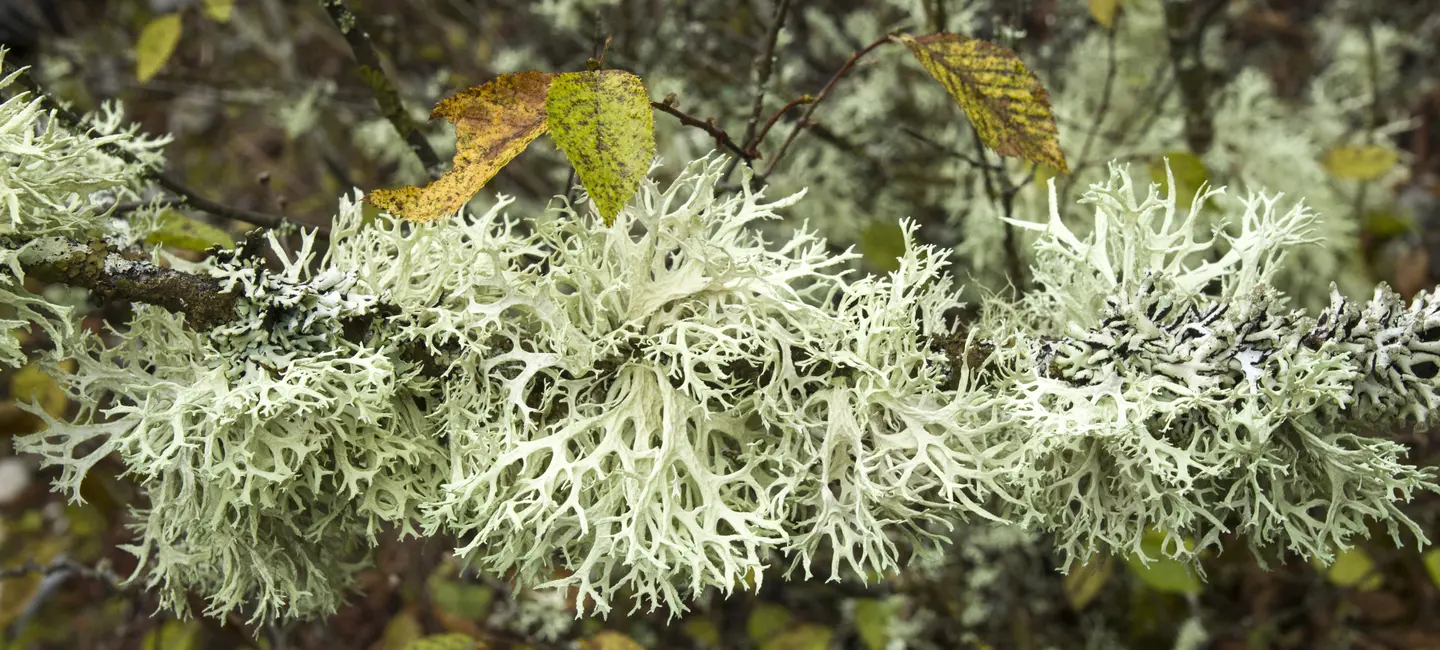
Oak moss (Evernia prunastri) is a lichen that grows on oak trees. Lichens look like a single plant, but they are really fungus and algae that grow together.
Oak moss contains chemicals called usnic acid, evernic acid, and thujone. These chemicals might have various toxic effects in the body.
People use oak moss for cough and other conditions, but there is no good scientific evidence to support these uses.
Don’t confuse oak moss with other types of lichens such as usnea. These are not the same.
Is It Effective?
There is interest in using oak moss for a number of purposes, but there isn’t enough reliable information to say whether it might be helpful.
Is it Safe?
When taken by mouth: Oak moss is possibly safe when used short-term as a water-based tea. But oak moss is likely unsafe when taken in large amounts, for long periods of time, or as an alcohol extract. Oak moss contains toxic chemicals that can cause side effects such as vomiting, dizziness, tremors, kidney damage, and liver damage.
When applied to the skin: There isn't enough reliable information to know if oak moss is safe. It might cause allergic reactions, including skin rash, in some people.
Special Precautions & Warnings:
Pregnancy and breast-feeding: Oak moss is possibly unsafe to use while pregnant or breast-feeding. It contains a chemical called thujone that might cause the uterus to contract, and this could cause a miscarriage.
Allergy to lichens and mosses: If you are allergic to lichens and mosses, you might also be allergic to oak moss.
A blood disorder called porphyria: Oak moss might make this condition worse. Don't use oak moss if you have porphyria.
Kidney problems: Oak moss contains chemicals that might harm the kidneys. Don't use oak moss if you have kidney problems.
Liver disease: Oak moss contains chemicals that might harm the liver. If you have liver disease, don't take oak moss by mouth.
It is not known if Oak Moss interacts with any medicines. Before taking Oak Moss, talk with your healthcare professional if you take any medications.
Herbs that contain thujone: Oak moss contains a chemical called thujone. Thujone can be poisonous when taken in large amounts. It can cause seizures, kidney problems, and vomiting. Taking oak moss with other supplements that also contain thujone increases the risk of these effects. Examples of supplements that contain thujone include tansy, thuja, wormwood, and yarrow.
There are no known interactions with foods.
There isn’t enough reliable information to know what an appropriate dose of oak moss might be. Keep in mind that natural products are not always necessarily safe and dosages can be important. Be sure to follow relevant directions on product labels and consult a healthcare professional before using.
Ebernia Prunasti, Évernia, Evernia prunastri, Évernie, Lahiat Alshaykh, Lichen Oak Moss, Mousse de Chêne, Musgo de Roble, Oakmoss, Tree Moss.
Information on this website is for informational use only and is not intended to replace professional medical advice, diagnosis, or treatment. While evidence-based, it is not guaranteed to be error-free and is not intended to meet any particular user’s needs or requirements or to cover all possible uses, safety concerns, interactions, outcomes, or adverse effects. Always check with your doctor or other medical professional before making healthcare decisions (including taking any medication) and do not delay or disregard seeking medical advice or treatment based on any information displayed on this website.
© TRC Healthcare 2024. All rights reserved. Use and/or distribution is permitted only pursuant to a valid license or other permission from TRC Healthcare.
